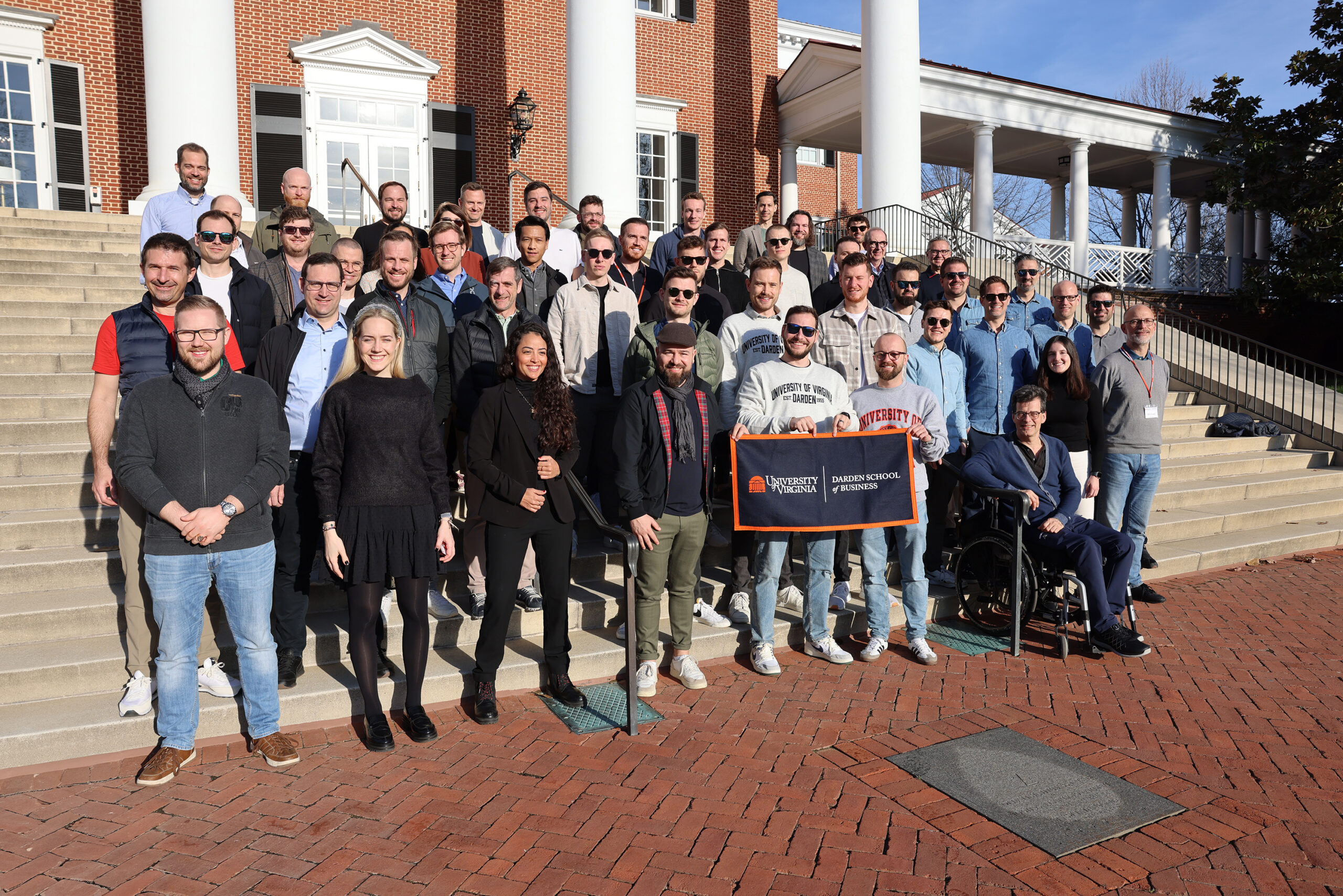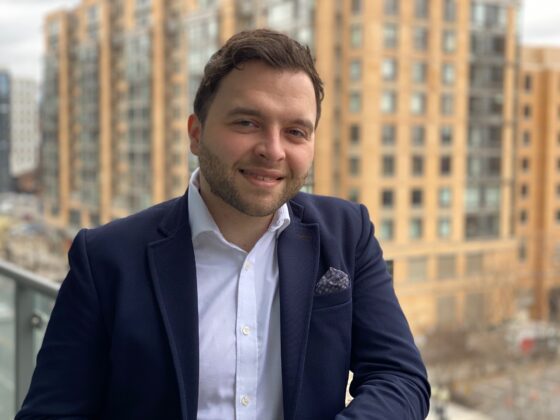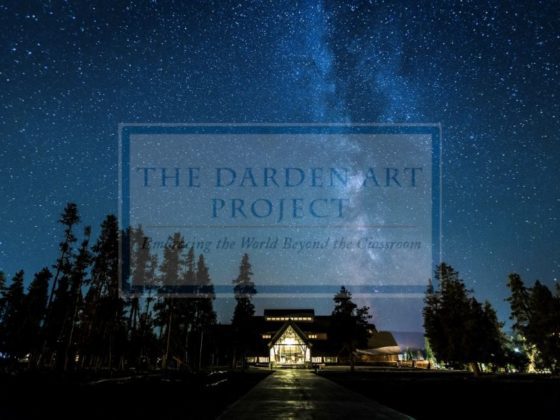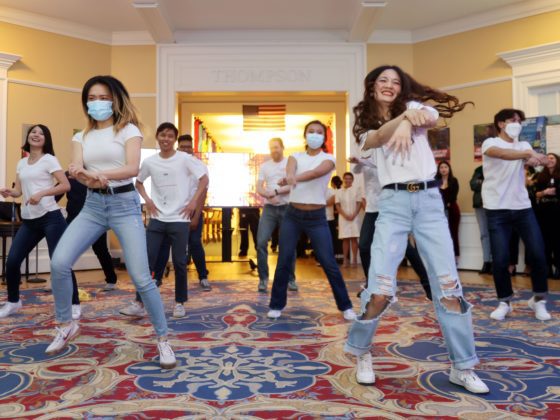Way back in 1988, a favorite professor of mine liked to start class by reading aloud articles from Pravda, then the most important newspaper in the Soviet Union and the official voice of the communist party. It might not seem all that interesting an activity, but before that year, copies of Pravda, or any publication from the USSR, were completely unavailable in the United States. The small window into a place that was a near-complete mystery riveted me while the Soviet perspective on everything from the war in Afghanistan (yes, there was one then too!) to economic ideology challenged me to think more critically about my beliefs and the way others saw the world. A few months later while taking summer classes at the University of Michigan my roommate raced back from the TV room arguing feverishly in Chinese with a close friend about the tragic events at Tiananmen Square. I did my best to catch-up on the issues and learn fast, but couldn’t quite get over the pang of guilt and embarrassment at knowing practically nothing about China. It just didn’t seem very important at the time, to me or to any of my professors. Imagine that.
That summer, talk of Tiananmen Square was all the rage amongst the budding intellectuals of Mary Markley Hall and almost as spirited as the discussions of “Do the Right Thing”, Spike Lee’s latest film. It was an incredible year for change, the world’s and my own. June brought an ominous speech from Serbia on the 600th anniversary of the Battle of Kosovo and 75 years to the month after the assassination that sparked World War I. My study partner in Econ, Urvi, educated me on the inherent problems with five-year plans and looming economic crisis in India. The Berlin Wall fell in November and by 1990 the world seemed completely changed, ten times as large, mysterious, unpredictable and incredibly exciting.
Things are quite different now, and so is Darden and the world occupied and studied by all elite business schools. It’s been two years since I visited a country where my mobile phone hasn’t worked seamlessly, and I’ve visited quite a lot of them. Without really trying, I’ve acquired ‘Outlook instinct’ – a recollection of time zone differences from home to just about anywhere in the world, and spend most mornings parsing through Tweets, email messages and all manner of to-the-minute updates of world trends and events.
It’s wonderful: an embarrassment of informational riches for one determined to seize it. Time and place still matter, of course, but not like before. Now, anything that can be digitized is available to everyone, everywhere, immediately and always and practically for free. We live in an instant economy: instant and very global.
Quick as it changed, the world, its institutions and organizations are still catching-up and trying to stay ahead of the curve. The Darden School has become a much more global place. You almost wouldn’t believe how much the schools, its students, faculty and community travels to, lives in, talks with, works from and knows about the world outside of the United States. A key reason for this blog is to help the Darden community and its friends keep up with all the global activity around the school and how we relate to it. Reading the blog, before long, you will come to appreciate just how connected and engaged Darden is with the world. And, you’ll hear from an amazing diversity of voices from within the Darden community. So, stay tuned and come back again and again, in just a month, you’ll see, much of the world will come to Darden and Darden will come to much of the world.
Peter Rodriguez, Director
Darden Center for Global Initiatives




